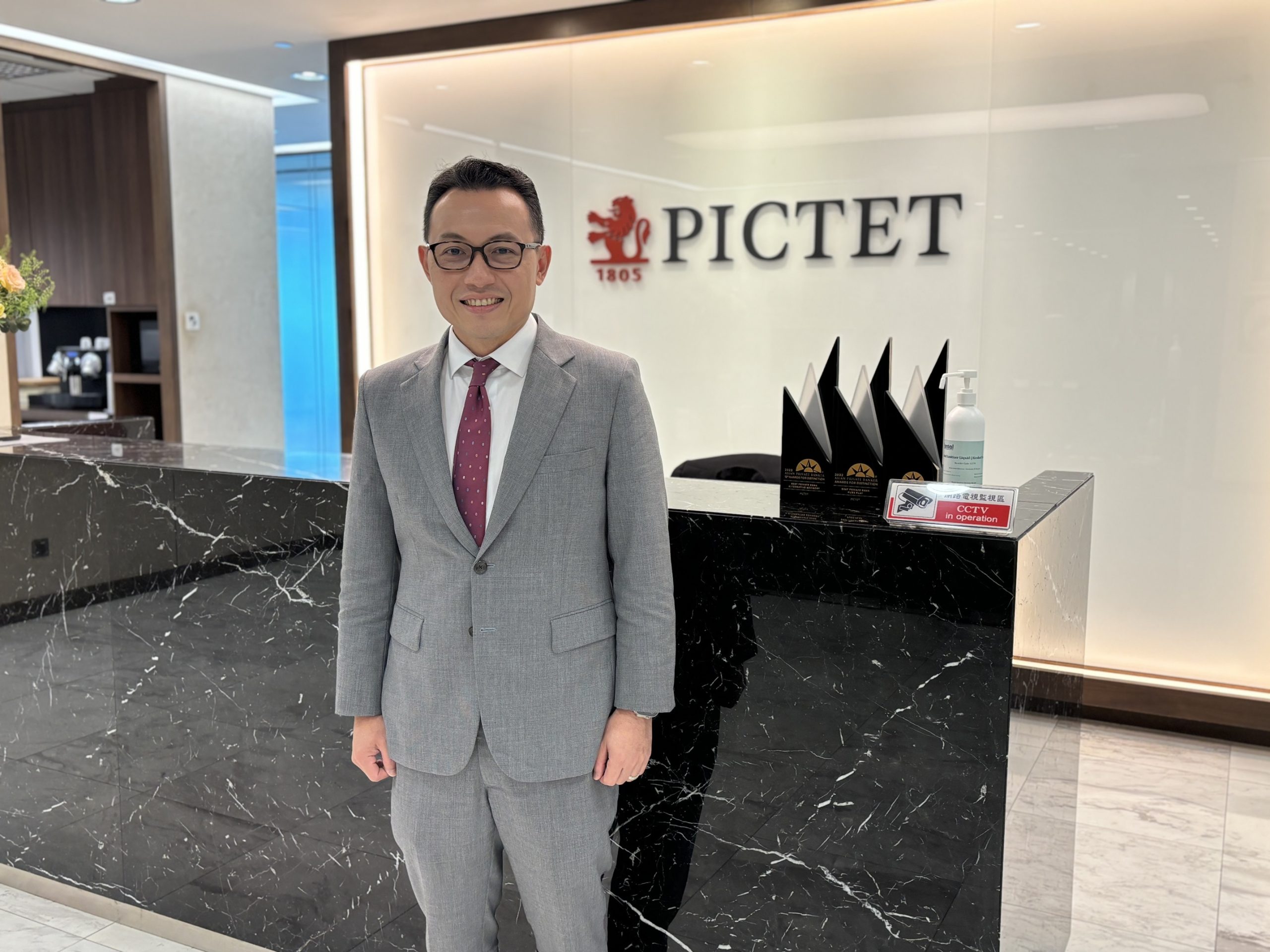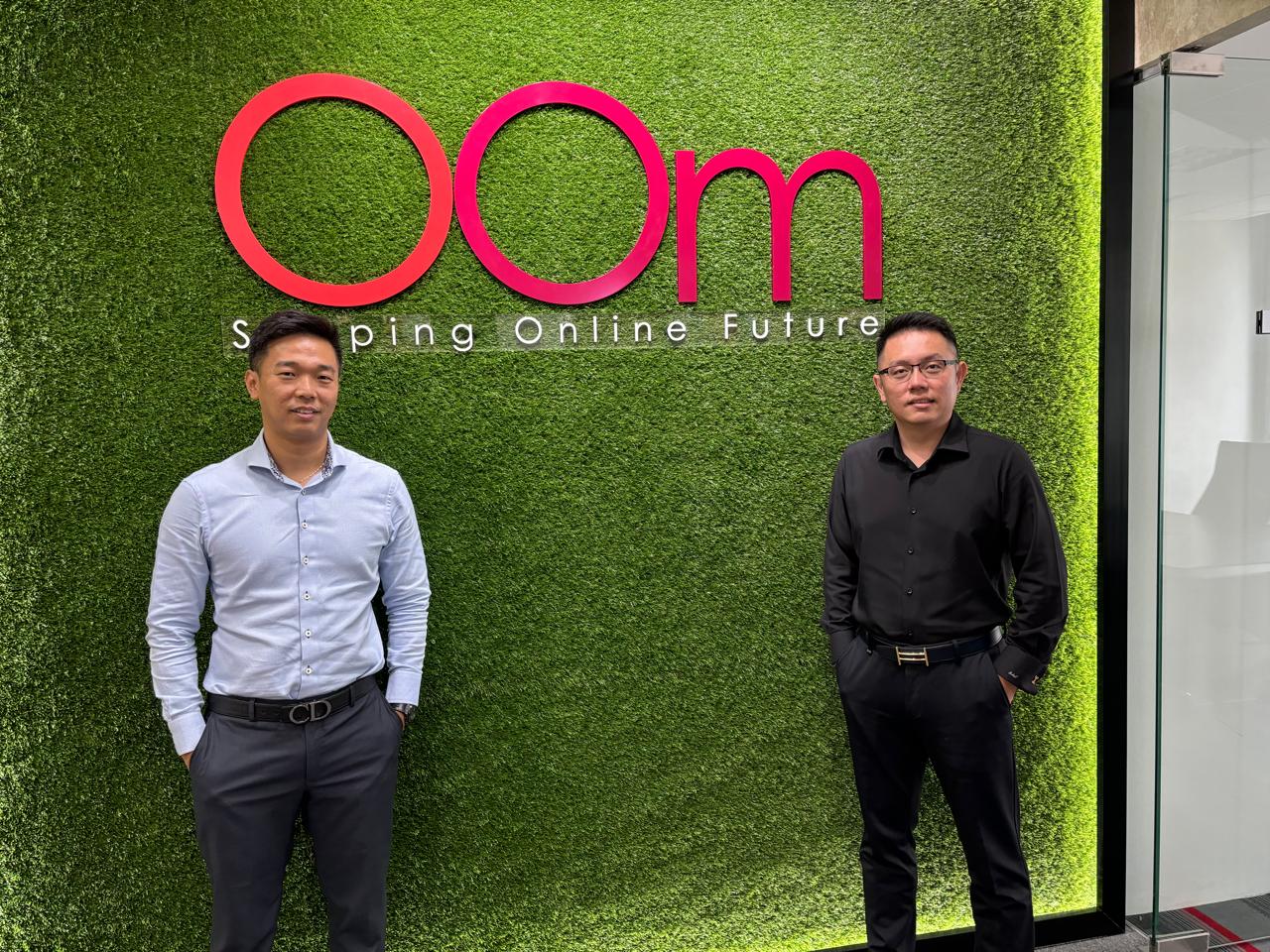With the enormous growth of wealth in Greater China, many wealth managers are focusing on capturing the High Net Worth (HNW) market in the region. Eric Phua is one of the Market Heads at Pictet Wealth Management who looks at this sector. With more than two decades of career experience in the wealth management space, spanning prestigious financial institutions such as Citibank and UOB, he and his team of bankers specialise in partnering HNW clients in Greater China to manage, preserve and help with the transfer of their wealth across generations.
In this interview, Eric shares some insights on his career, the needs of HNW clients, methods of wealth transfer and management, as well as trends in Greater China.

How did you get into banking?
I graduated with a degree in Accounting and Finance in 1999. At that time, many of my peers aspired to be investment bankers due to the prestige. However, due to Asian Financial Crisis, it was not easy to get a job in investment banking. I started as a financial consultant in an insurance company, learning skills from scratch such as cold calling, how to present with the right body language, and so on.
In 2001, I received a call from DBS for a role as a Branch Relationship Manager, and that was how I started my journey in wealth management. Over these years, more international banks have come to Asia and the term “Private Banking” became more prominent, and many people took a keen interest in this sector. My career in wealth management spans over 20 years and I had the opportunity to experience Private Banking at Citi and UOB. Currently, I am a Market Head at Pictet Wealth Management based in Singapore, responsible for the growth of the Greater China market.
The training during the early days proved to be beneficial in the later part of my career. I would share that some of the traits of a trusted banker include the need to be humble, be curious and embrace learning, active listening when people are speaking, and paying attention to body language and tone when you speak. Everybody’s journey is different. You can get access to the industry by building a trusting relationship with the people you meet in the industry, your professors in universities, and maybe even your parents or parents’ friends. My personal experience and journey turned out to be good training in understanding more about myself and what I need to do, so as to understand the needs of the clients, and to build a long and trusting relationship with them.
What are the needs of High Net Worth (HNW) clients?
Most of our HNW clients come to us for managing and preserving their wealth for themselves and for future generations. Often, they come to us with different asks, for example, desired returns and diversification of their investments, legacy planning etc. It is important we ask questions to determine what their real interests are. For some clients, we may need to present certain scenarios that may happen and hear from them if these are something they find of importance. Once we understand what some of these needs are, we work internally and externally with our partners to find a solution for our clients. Wealth management is really about risk management implemented via asset allocation and using applicable wealth solutions and structures to maximise, preserve and transfer their wealth. For example, wealth solutions may include using Trust structures, Insurance structures and Private Fund structures. Increasingly we see a lot of HNWIs setting up Single Family Offices in Singapore as the country is viewed as having a stable government, sound and transparent policies that encourage and incentivise business owners.
What are some of the tools used by HNW Individuals (HNWIs) in Wealth Management?
Pictet is an investment-led firm focusing on Asset and Wealth Management.
When it comes to investing, asset allocation is important. Pictet is also renowned for its thematic investments, alternative investments, and discretionary mandates investments.
Wealth planning and solutions may involve trust planning and insurance planning. Family offices and defining the family governance structure are also some of the solutions used in Wealth Management.
As an expert on HNWIs in Greater China, what are some trends you have observed?
I would not call myself an expert as there are still a lot for me to learn. The Chinese have amassed a lot of wealth in the last 15 to 20 years, so today the first generation Chinese HNWIs are probably at the age of about 50 to 70 years, and most of them are still in the wealth creation stage.
During their time, China’s one-child policy played a huge role in the way they look at wealth transfer and structure. Increasingly, there are also more Chinese HNWIs starting to embark on philanthropy as many of them would like to give back to the community in a meaningful way. Many are also looking at setting up family offices and getting both their children and professionals involved in the day-to day management. This gives an opportunity for their children to learn from the professionals in the different financial institutions they work with, and eventually have the skills and knowledge to take over their businesses and also to manage their family wealth.
When it comes to servicing clients in Greater China, are there cultural sensitivities you need to be aware of?
Most clients’ risk appetites were quite high when it comes to investment – until the COVID-19 pandemic hit in 2021. Since then, the focus has been more of risk management due to weakening business and economic environment.
In summary, Chinese HNWIs have quite distinct risk appetite, work environment, education, and upbringing, compared to other markets. In my view, however, there will be a point in time that the difference will not be so pronounced, as more second and third generation wealthy Chinese studying overseas and returning home to share new knowledge, habits, and cultures.
How is technology playing a role in disrupting the wealth management sector?
In wealth management, relationship management is very important. Nothing can replace the human touch of face-to-face meetings or personalised messages and calls to our clients. So, when we talk about technology – moving forward, how can artificial intelligence (AI) help in our work?
For example, technology is making work faster and more efficient in areas such as market information sourcing, trade placements, and routine administration work like Know-Your-Customer (KYC), anti-money laundering (AML), and transaction monitoring. Customer Relationship Management (CRM) is also another area which can be made more efficient through technology.
We can also tap on AI to generate opportunities with clients. For example, there are systems which can generate proposals for clients based on their risk profiles and preferences. This opens a conversation with the client’s banker to discuss new opportunities and businesses.
Do you have any other advice for aspiring bankers?
Be consistent in the things you do. When I was in Citibank, I was promoted every year consecutively for three years. I asked my boss at that time why I was promoted as I wasn’t the top performer. The answer she gave was, ‘Yes, you are not the top performer, but you are a good performer consistently.’ Till today, I still remember these words.



